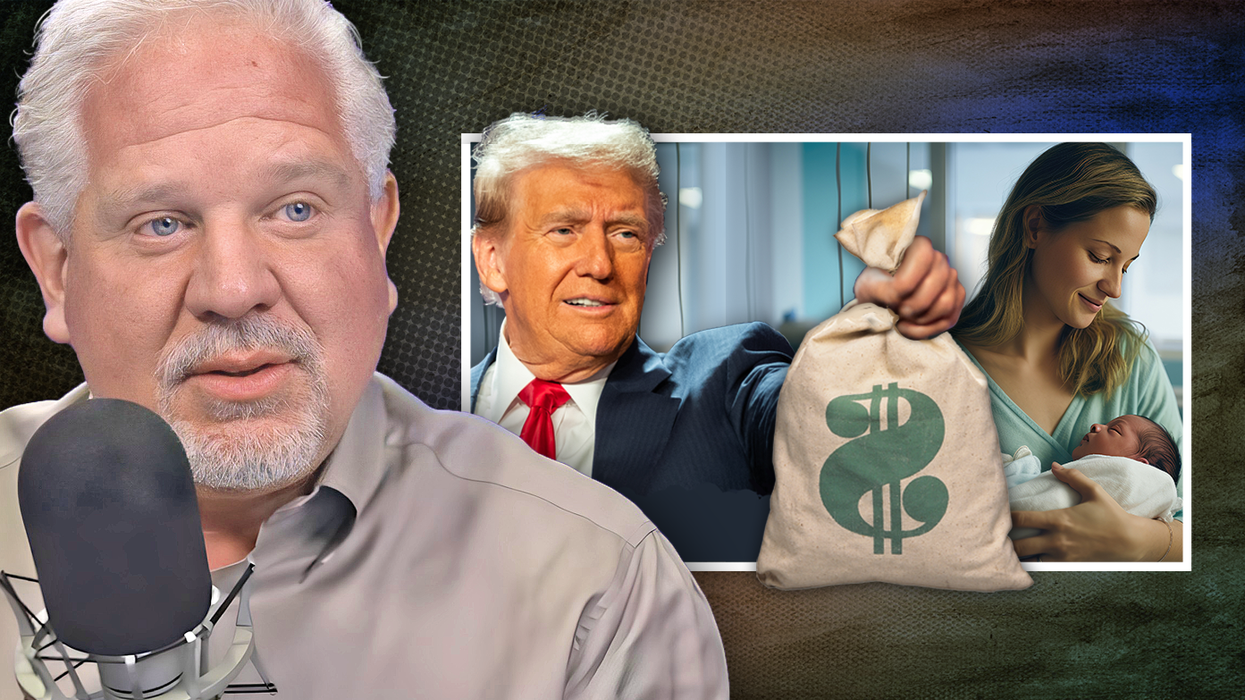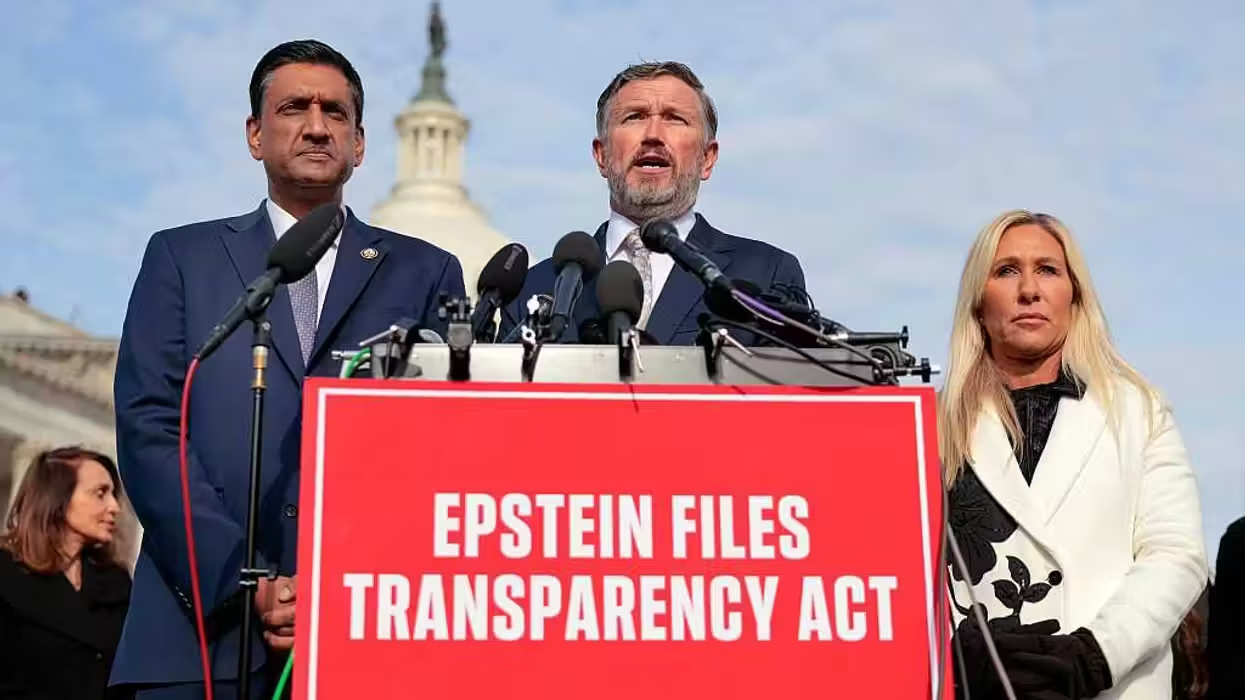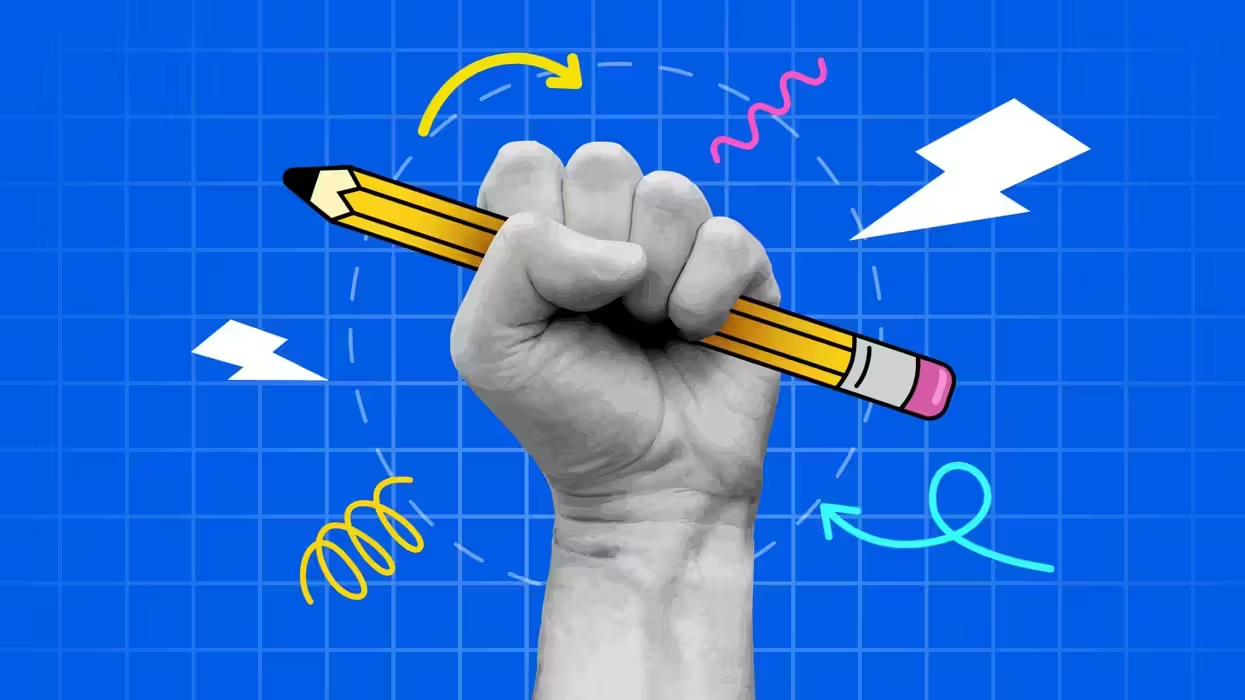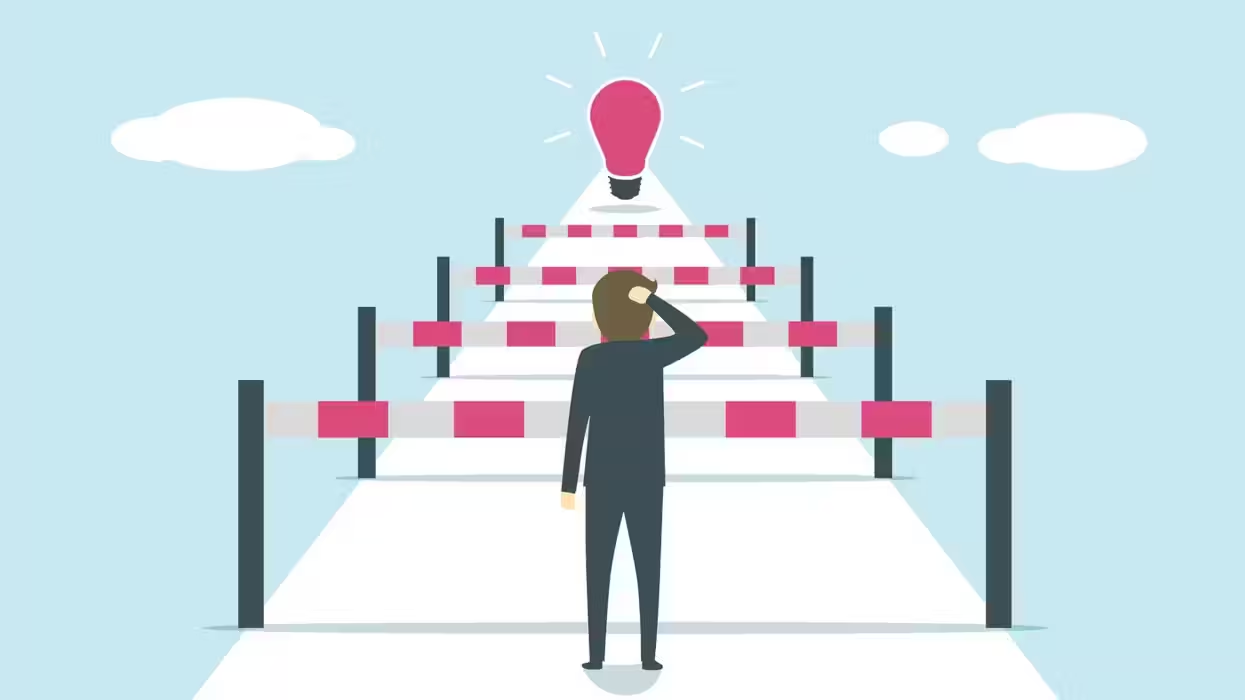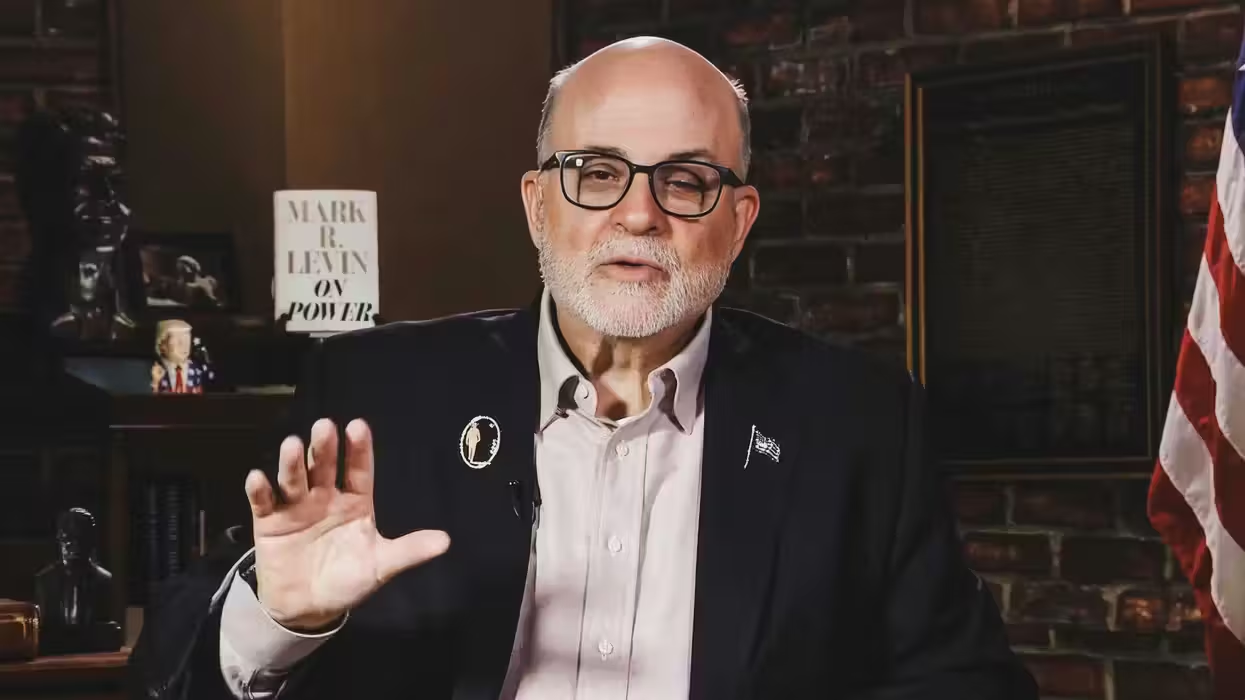WASHINGTON (TheBlaze/AP) — On one hand there's a confident Barack Obama making campaign-style stops around the country and ridiculing his political opponents to the delight of cheering supporters; on the other hand there's an increasingly unpopular president hobbled by gridlock on Capitol Hill and a steady stream of vexing foreign policy crises.
 This combination image of President Barack Obama shows him, left, talking about the economy during a visit to Denver on July 9, 2014, and right, talking at the White House in Washington about the situation in Iraq on June 19, 2014. (Image source: AP)
This combination image of President Barack Obama shows him, left, talking about the economy during a visit to Denver on July 9, 2014, and right, talking at the White House in Washington about the situation in Iraq on June 19, 2014. (Image source: AP)
Obama has long sought refuge outside of Washington when his frustrations with the nation's capital reach a boiling point. But his ability to rally public support in a way that results in progress for his legislative agenda has perhaps never been weaker than it is as he nears the midpoint of his second term.
"Obama's presidency has been defined by photo-ops and political theater," said Kevin Madden, a Republican strategist who advised Obama's 2012 presidential rival, Mitt Romney. "Every time he's gotten in trouble, he's sought to seize the airwaves or the podium to try to frame his crisis negatively."
The president's trips outside of Washington — or even just stops outside the White House — have become something of a coping mechanism. He's taken to walking to and from events close to the White House, albeit with Secret Service agents and journalists trailing him closely. In between fundraisers and speeches in Colorado and Texas this week, Obama made time to drop by local restaurants for pizza and barbeque, as well as play a game of pool and have a beer with Colorado Gov. John Hickenlooper.
Almost all of these types of events are planned by the White House, though not publicly announced before the president's arrival. And the White House's increasing reliance on such events as a way to garner attention opened the president up to ridicule from Republicans after he declared in Texas that he wasn't going to take a firsthand look at the humanitarian crisis at the Texas border because he was "not interested in photo ops."
White House officials insist the president is simply trying to reconnect with Americans and show them that someone in Washington is looking out for their interests.
"A presidential appearance somewhere sends a very important message about the president's priorities," White House spokesman Josh Earnest said.
[sharequote align="center"]"Obama's presidency has been defined by photo-ops and political theater."[/sharequote]
To the White House, the take-away is that Washington — and the Republican Party in particular — is out of touch with the American people and failing to address their priorities. But to GOP leaders, Obama's activities in a midterm election year reinforce their view of a president more focused on soaring speeches and partisan politics than on working toward compromise solutions to the nation's problems.
Each side has at least some evidence to support its case.
Many Americans are indeed deeply frustrated with Washington's inability to get anything done. Polls show majorities want to see action on some of Obama's proposals, including increasing the minimum wage and overhauling the immigration system. Yet Obama's own approval rating has fallen to the low 40s, the lowest levels of his presidency. And with his party at risk of losing control of the Senate, the president has ramped up his fundraising for the midterms and taken on a sharply partisan tone when voicing his frustration with Republicans.
During a speech Thursday in Austin, Texas — a Democratic enclave in a GOP-leaning state — Obama berated Republicans for, by his account, failing to act on "every serious idea" he's put forth this year.
 President Barack Obama gives a speech about the economy at Paramount Theatre in Austin, Texas, on Thursday, July 10, 2014. (Image source: AP/Austin American-Statesman, Jay Janner)
President Barack Obama gives a speech about the economy at Paramount Theatre in Austin, Texas, on Thursday, July 10, 2014. (Image source: AP/Austin American-Statesman, Jay Janner)
"The best you can say for them this year is that so far they have not shut down the government," he said. "That's the best you can say. But of course, it's only July so who knows what they may cook up in the next few months."
Egged on by a raucous and supportive crowd, Obama slipped deeper into campaign mode, leaning into the podium, responding to commentary from the audience and slipping into the familiar campaign language of his presidential bids. "Cynicism is a choice. Hope is a better choice," he declared.
The president still pays lip service to the idea of being willing to work with Republicans, but his advisers privately acknowledge that they have low expectations that there will be any bursts of bipartisan productivity in Washington this year.
Comprehensive immigration legislation is going nowhere this year, with the matter complicated even further by the humanitarian crisis at the U.S.-Mexico border. A bill to increase the minimum wage stalled in the Democratic-controlled Senate. And there's barely even a mention of working on gun control or climate change legislation, two areas that were at the top of Obama's priority list when he began his second term.
Obama's domestic stalemate with Republicans has been compounded by a flurry of international crises, including Russian provocations in Ukraine and a fast-moving Islamic insurgency that's threatening to upend U.S. military progress in Iraq.

 This combination image of President Barack Obama shows him, left, talking about the economy during a visit to Denver on July 9, 2014, and right, talking at the White House in Washington about the situation in Iraq on June 19, 2014. (Image source: AP)
This combination image of President Barack Obama shows him, left, talking about the economy during a visit to Denver on July 9, 2014, and right, talking at the White House in Washington about the situation in Iraq on June 19, 2014. (Image source: AP)


